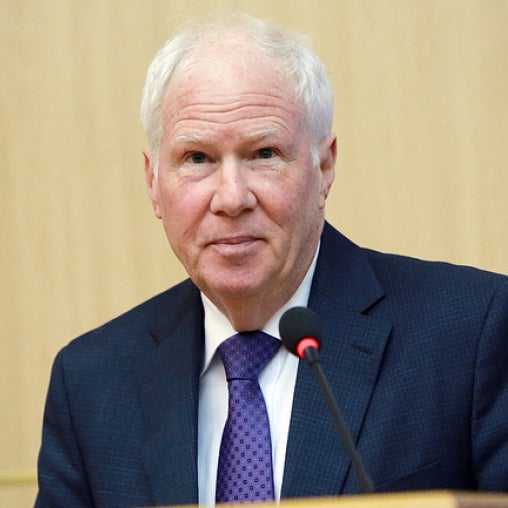July 13, 2017
In the 1990s, George Soros used his wealth to support the growth of democracy in Central and Eastern Europe. His Open Society Foundation launched numerous NGOs, most notably the Central European University in Budapest, all of which contributed to educating a new generation in the ways of the West.
During one of my visits to Budapest at the time, I found local Jewish leaders who spoke disparagingly of him. Despite the fact that Soros was a Hungarian Jewish survivor of the Holocaust, he appeared not at all interested in directly supporting the revival of Jewish life in Budapest, and did not contribute to it. How ironic, then, that today’s Hungarian Jewish Community, the largest in Central Europe, has come to embrace George Soros. Not Soros the man, but Soros the symbol.
The current Hungarian government, led by the FIDESZ party, most likely looking ahead to a battle with the right-wing Jobbik party in next year’s parliamentary elections, has made Soros a feature of its campaign advertising. Identifying outside targets that appear to threaten traditional values is a common political tactic in Hungary and other European countries. But in this case it has adverse consequences for Hungary’s Jews.
András Heisler, president of Hungary’s Jewish Federation, has appealed to Prime Minister Orban to stop this anti-Soros campaign. He allows that it is not explicitly antisemitic — some might disagree — but nevertheless warns that it “is very apt for stirring uncontrolled emotions, among them antisemitic ones.” Indeed, posters of Soros in Budapest and across the country have been defaced with explicitly antisemitic graffiti.
The poster campaign follows on a speech delivered by Orban in June that praised Miklos Horthy, Hungary’s wartime fascist leader, as an “exceptional statesman.” Horthy’s role in the disenfranchisement and persecution of Hungary’s Jews is well-documented in the country’s Holocaust Museum.
How do we explain this behavior?
On numerous occasions, officials of the Hungarian government have vocally opposed the extreme right-wing and openly antisemitic Jobbik, which today is the main opposition party. FIDESZ apparently wants to maintain its status as a respectable, mainstream political party. It may believe that support for restoring Jewish cemeteries — an initiative that is undeniably laudable — and a close relationship with the government of Israel will mute its international critics. But, sadly, it seems that FIDESZ leaders have concluded that one key to reelection is espousing the narrative of the extreme right, and hence the scapegoating of Soros. Whether or not this strategy proves successful, there is little doubt that everyone is the loser.
Israeli Prime Minister Benjamin Netanyahu is set to arrive in Budapest on July 17, on the first official visit ever to Hungary by an Israeli prime minister. Even so, there is no indication that the government acknowledges that the anti-Soros campaign is over the top, though its belated decision to remove the Soros posters in advance of Netanyahu’s arrival is potentially good news, especially if they do not appear again after the Israeli leader goes home.
One would expect that strong bilateral relations between Israel and Hungary could positively affect the Hungarian government’s domestic policies toward the Jewish community. If the government considers the sensitivities voiced by local Jewish leaders with the gravity they deserve, confronting antisemitism in Hungary would get the official boost that it assuredly needs.
Rabbi Andrew Baker is the American Jewish Committee’s (AJC) director of international Jewish affairs.
This article was originally published on Times of Israel
Photo By: Heinrich-Böll-Stiftung



